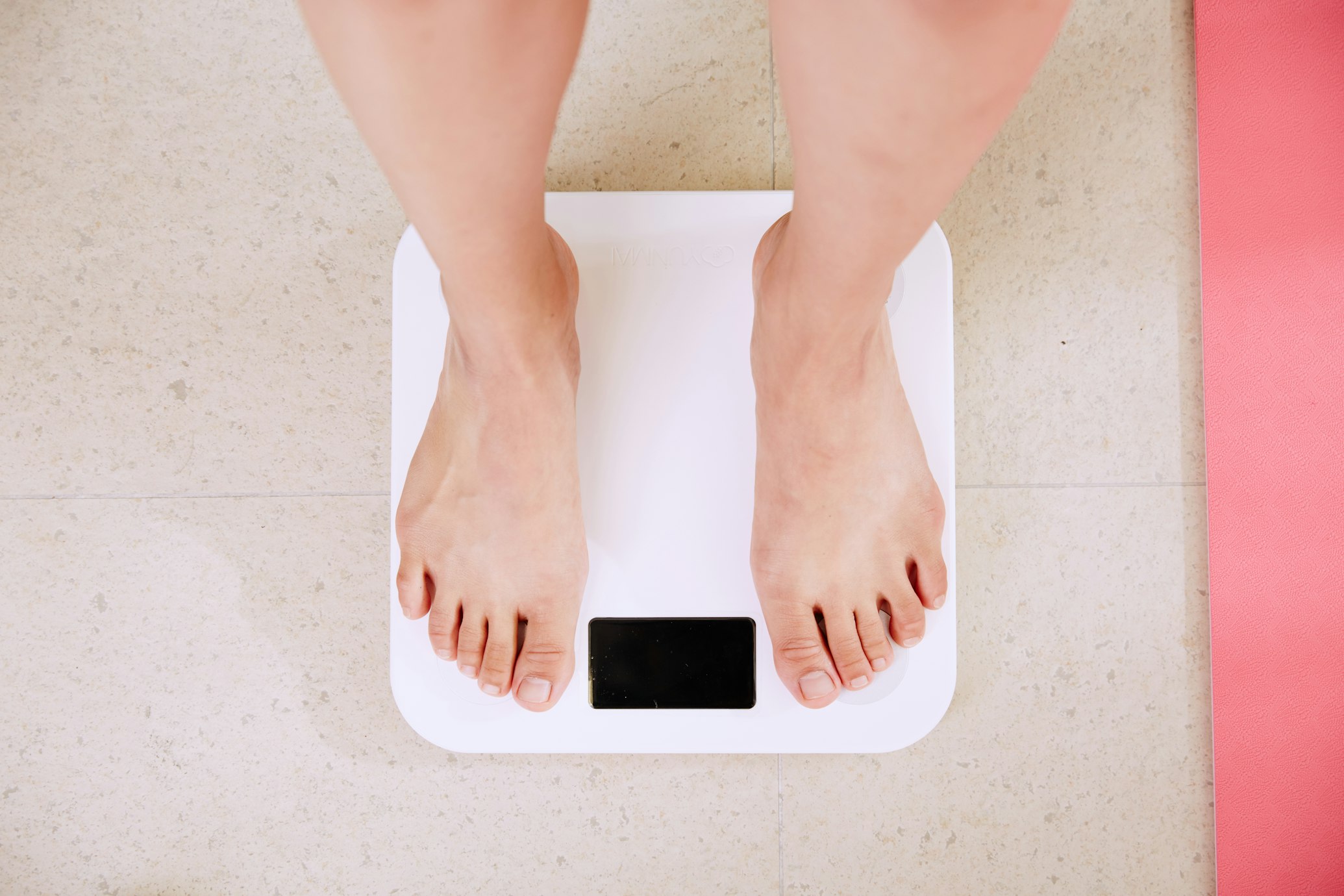How Many Calories Should You Eat to Lose Weight?
Discover the science behind calorie deficit and how to calculate the right amount for your body.
Your BMR is: calories/day
Your Basal Metabolic Rate (BMR) represents the number of calories your body needs to perform basic life-sustaining functions like breathing, circulation, and cell production — while at complete rest.
Knowing your BMR is essential for setting personalized calorie goals, whether you're trying to lose, gain, or maintain your weight. It's also the foundation for calculating your Total Daily Energy Expenditure (TDEE).
| Factor | Effect on BMR | Explanation |
|---|---|---|
| Gender | Men typically have a higher BMR | This is due to generally having more lean muscle mass, which burns more calories at rest. |
| Age | BMR decreases with age | Muscle mass tends to decline with age, slowing the metabolic rate. |
| Weight & Height | Higher values increase BMR | Larger bodies require more energy to maintain basic functions. |
| Body Composition | More muscle = higher BMR | Muscle tissue is more metabolically active than fat. |
Note: Your BMR is calculated using formulas like the Mifflin-St Jeor equation. While accurate for most people, these results are still estimates. For a complete health assessment, consult a licensed professional.

Discover the science behind calorie deficit and how to calculate the right amount for your body.

Understand the difference between your resting metabolic rate and daily energy expenditure.

Learn how to lose fat while maintaining lean body mass with the right protein and workout approach.

Use our hydration tips to calculate your daily water needs and stay energized all day.

BMI can be helpful—but not perfect. Find out how to interpret your results accurately.

Whether for weight loss or muscle gain—get the exact grams your body needs.

Is skipping meals really healthy? Science says yes—if done correctly. Learn more.

Save time and burn fat with easy-to-follow meal prep strategies for busy lifestyles.

Are all calories equal? Discover how protein, carbs, and fats affect your body differently.

Walking is powerful. Learn how far you need to go to reach your fitness goals.

Weight changes? Workout routine updated? Here’s how to update your daily calorie needs.

Still stuck? Learn about metabolic adaptation and how to break through plateaus.